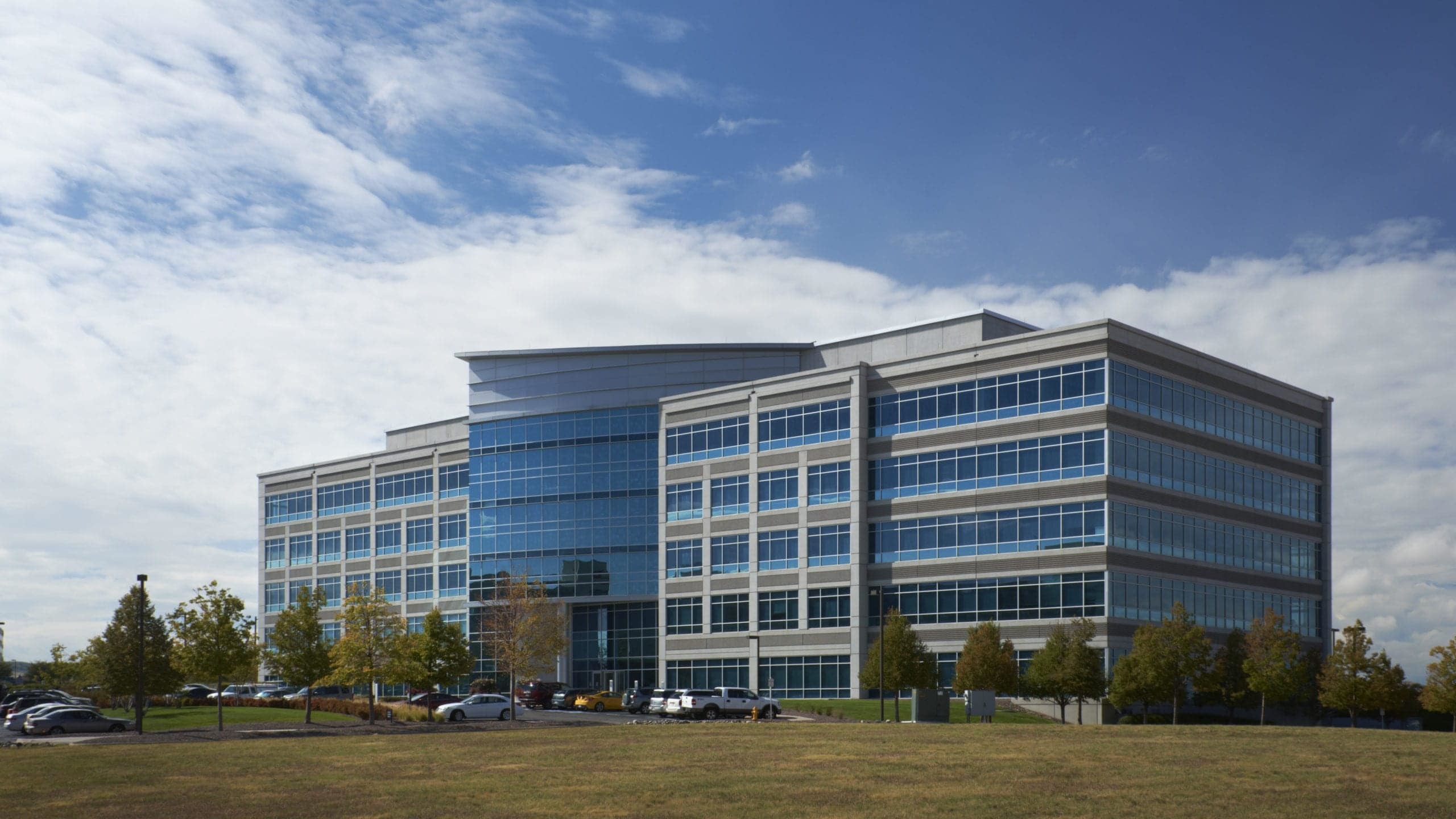It might be cliché, but it’s true: all business today is global.
That includes everything from major multinational corporations to the small business down the street. Thanks to the power and the reach of the internet – in addition to the increasingly global economy – all business leaders today must think globally, no matter how big they are or who they’re selling to.
This might come as a surprise to some small business owners.
Traditionally, companies in industries such as construction, retail, and others have been largely local-focused. After all, if you’re a company that’s focused on building decks, you can only build decks in an area where you have workers to do the job. It’s pretty much impossible to outsource a deck to an overseas contractor.
But that doesn’t mean local business can’t have an outsized impact on the world.
After all, they have the scale to do almost anything.
According to the Small Business Administration, there are just over 30 million small businesses in the U.S. as of 2018, accounting for a shocking 99.9 percent of all U.S. businesses. These firms employ just over 47 percent of the U.S. workforce, or about 59 million people.
What’s more, a total of 413,000 companies exported goods from the U.S. in 2016 (the most recent year that this data is available), according to the International Trade Administration. Nearly all of these – 98 percent – were small businesses, accounting for an outsized 33 percent of the country’s $1.3 trillion in total exports. It goes the other way too. About 97 percent of the company’s importers are small and medium-sized businesses.
In Colorado, our businesses are well-positioned – literally – to participate in global trade. Strategically located almost equidistant from Canada and Mexico, the Denver region is actively involved in trade with partners on six continents, according to the Colorado Office of Economic Development and International Trade. In fact, in 2017 Colorado exports increased 6.4 percent to $8.06 billion.
That’s one reason that there are seven Fortune 500 companies headquartered in the Denver South region.
This is a massive advantage for local businesses that are looking to grow, introducing almost limitless potential for those looking to reach out.
So, how can local firms “think locally, but act globally”?
Invest in people: There’s one thing that every business owner knows: They’re only as strong as their people. No matter how large a business gets, everything they do is grounded in their employees and the unique skills and abilities that they bring to the job. And that represents their major advantage in the global economy. Local business is about more than just providing jobs to the local workforce; it’s also about putting the talents and skills of that workforce on display to the wider world. When you invest in people instead of just hiring them, you’re creating a strong foundation that will last, regardless of the rise and fall of the business cycle.
Innovate, innovate, innovate: In today’s global information economy, innovation and productivity are everything. Those firms that work the hardest to create new products, new processes and more efficient solutions to problems will win, no matter where they’re located.
Continuously improve: On that same note, in order to compete in the global economy local businesses need to understand that settling back on their laurels is a losing proposition. Products and services need to be on a continuous improvement cycle – adding features, improving performance, lowering costs, etc – in order to make it. After all, the global market means competition can come from anywhere, often where businesses least expect it. Success that cannot be sustained and improved upon is not real success at all.
Suggested Reading:
Don’t forget where you came from: For many local businesses, respect for and commitment to their local communities are simply part of their DNA. They are a product of where they come from, and that connection underscores every decision that they make. This attitude can be a valuable asset in the global economy as well, helping local business stand out from the crowd of potential competitors and maintaining a sense of grounding and place that others don’t have.
Here at the Denver South Economic Development Partnership, we know that “Cities, states, nations and regions all share parallel economic goals to dominate in the ‘new global’ economy.” We’re doing this through the creation of high skill, high wage jobs; the creation of productive new businesses; our knowledge & technology based economy; and the export of “traded sector” products and services to create diversified markets.
Not because the future of business is global. But because the current market demands it as well.


